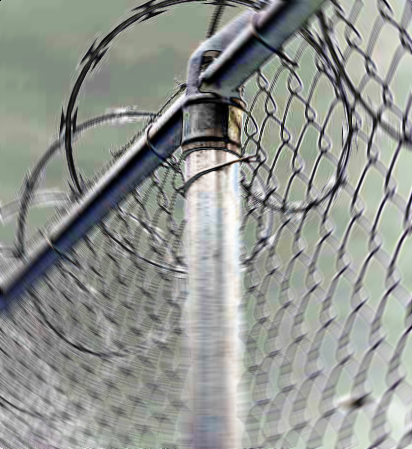WA detention deemed unfit
 A damning human rights report has recommended changes at Yongah Hill Detention Centre.
A damning human rights report has recommended changes at Yongah Hill Detention Centre.
A recent inspection report by the Australian Human Rights Commission (AHRC) has uncovered significant issues at the Yongah Hill Immigration Detention Centre in Northam, east of Perth, which has prompted a call for major reforms.
The facility, predominantly housing adult males, many of whom are detained due to visa cancellations on character grounds, was deemed "no longer fit for purpose" by Human Rights Commissioner Lorraine Finlay.
During the two-day inspection led by Commissioner Finlay in 2023, the AHRC identified safety and wellbeing concerns that align with behaviours typically associated with the prison system.
Reports of increased violence, drug trafficking, bullying, and the use of standover tactics were noted as key issues impacting the safety and security of the detainees and staff alike.
“Parts of Yongah Hill are no longer fit for purpose,” Commissioner Finlay said.
“A majority of the people interviewed told us that they felt unsafe in detention. The welfare and safety of both detainees and staff must be paramount,” she said.
She further highlighted the need for a nuanced approach to security and safety, emphasising the importance of humane treatment alongside maintaining order.
The AHRC report detailed a worrying “lack of access to healthcare” at the centre, including emergency, out-of-hours, and mental health services.
This deficiency poses “a very significant risk to people detained”, according to the findings.
The connection between the wellbeing of detainees and the overall safety environment was also highlighted, suggesting that improvements in healthcare could contribute to broader security enhancements.
The Commission's report included 33 recommendations aimed at overhauling the centre’s operations to safeguard human rights and ensure the dignity of detainees.
Among these were proposals to decommission low security compounds, increase staffing, bolster search powers for drugs, and conduct an independent review of healthcare services.
Other recommendations called for increased access to counselling, harm minimisation, and rehabilitation services, alongside reducing the use of physical restraints during medical transfers.
The Department of Home Affairs has responded to the recommendations with partial acceptance.
While it agreed with 20 of the proposed changes, it disagreed with seven and noted that the remaining six require further government review.
The Department has disagreements with the suggestions for 24/7 staffing and the establishment of more robust healthcare reviews.
“This cohort of people entering immigration detention has changed significantly over the years. Drug infiltration and substance misuse is a multi-faceted and complex issue, one which cannot simply be resolved through tighter security measures. Access to essential health services, rehabilitation and meaningful activity must be urgently addressed,” added Finlay, reflecting on the evolving challenges within the detention system.
The full report is accessible here.








 Print
Print